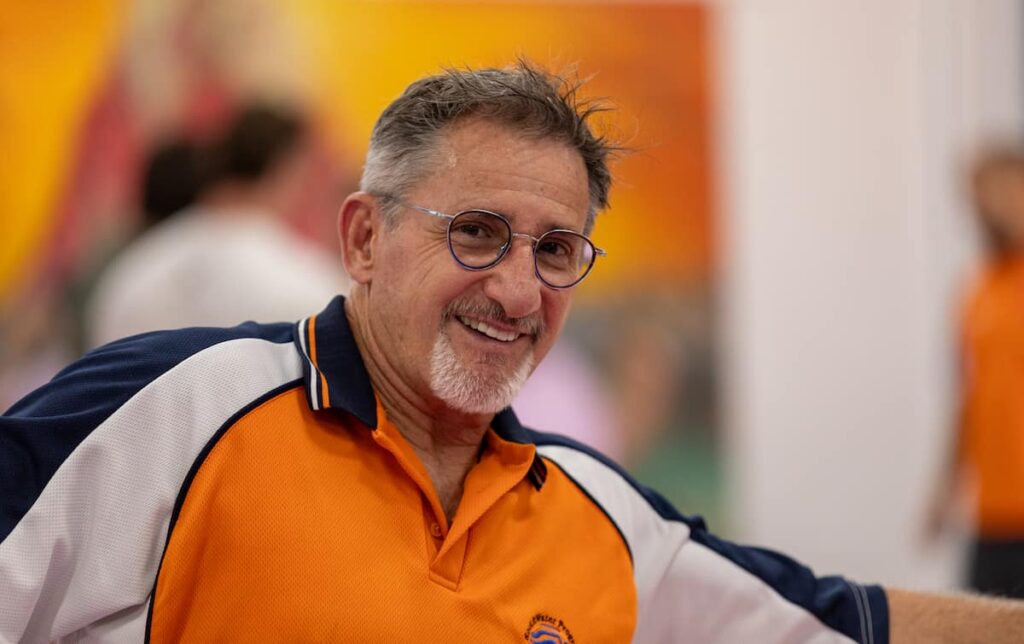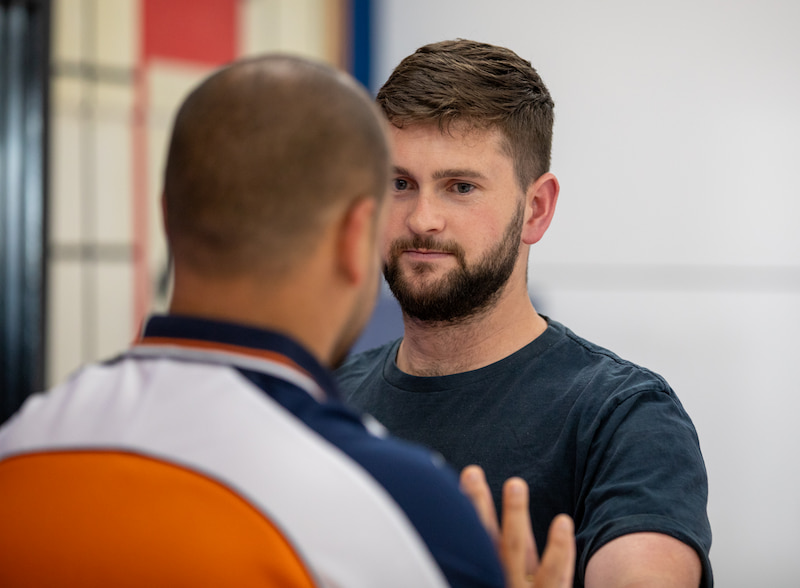Faced with the growing conservatism of young men and the dangers of subscription to the manosphere, parents and teachers are searching for proactive ways to stand up to toxic masculinity, to push back on digital abuse and the real-world violence that it promotes.
The 1995 Beijing Declaration and Platform for Action is celebrating its 30th anniversary in 2025. Each of the 189 governments that signed made commitments to invest in laws, programs, and policies to advance gender equality. These commitments are reviewed every five years.
Unfortunately, the global crises of violence against women and girls have not abated, and new forms of violence and the hate that fuels it are emerging through social media. The “manosphere” is a loose network of communities that claim to address men’s struggles in areas such as dating, parenting, or fitness. Still, it also often promotes harmful attitudes and dangerous advice. These groups are united in their opposition to feminism and claim men as the victims of the current social and political climate. And it’s gaining traction.
According to the Movember movement, two-thirds of young men engage with masculinity influencers online. The extreme language of the Manosphere normalises violence against women and girls and increasingly promotes radical ideologies. Schools need to identify and apply programs that actively push back against this unhealthy and dangerous trend.
I teach the Rock and Water program all over Australia, and whenever we hold group discussions on the well-being challenges young people face in today’s world, concerns are expressed about our boys and their vulnerability to the social media influencers who promote hostility towards women. Most agree that the counter to this is to implement programs that promote positive relationships, teaching respect through interaction, centre-to-centre connection, and promotion of dialogue among students in an inclusive setting.
Australian schools have some powerful programs that encourage social skills development. In recent years, the Berry Street Model has gained considerable attention, as well as the Resilience Project. Schools invest a considerable slice of their well-being and DP budget to roll-out these programs. It is worth noting that the Rock and Water program has been implemented in Australia since Freerk Ykema was invited to present at a National Conference for Boys in 1999. It is coordinated by Rock and Water Australia, and workshops are still held regularly in all states.
Initially, the evidence that indicated the efficacy of the program was compiled in a book, Putting it Together, published through the Family Action Centre at the University of Newcastle. In recent years, though, with increased attention to the program in the Netherlands, some significant studies have highlighted the effectiveness in the program in both the Intrapersonal and Interpersonal domains, with a proven efficacy in reducing all forms of bullying, increasing self-confidence and reducing sexually transgressive behaviours.
It is the study conducted with teenage boys that is particularly interesting in terms of the current fears around the growing influence of the Manosphere. In a study with 14-17-year-old boys, there was no proven reduction in the language of boys around sexuality, but a marked reduction in sexually transgressive acts, suggesting Rock and Water has a significant effect on the capacity of boys to think before acting. It may be easier to understand this possibility when we consider the psychophysical approach of the program. Where the program might have targeted disengaged and often aggressive boys in its early years, Rock and Water is increasingly taught to boys and girls together.
In a typical class, students will play a number of engaging games that promote personal connection, reflection, and discussion. Boys and girls engage in controlled rough house play such as tug of war, controlled pummelling games, pushing and pulling, learning and practicing self-defence blocking and wrist escapes, among countless other games that promote group problem solving, conversation, offer and response, boundary awareness, de-escalation strategies. The program has a broad scope and ample room for adaptation to suit the group’s age and dynamics. Most importantly, the program works, and in addition to the two published studies that mark the program as evidence-based, there are numerous smaller in-school studies in Australian schools that reinforce the effectiveness of the program.
As a teacher of 26 years and ex-Deputy Principal in high schools, I have seen many powerful programs come and go as educators flock to the next new and exciting initiative. Of course, this can imply that solid programs, well delivered by seasoned facilitators, can fall by the wayside. In most workshops I conduct, there will be teachers and support staff from schools where the program had been well taught for years, but the key Rock and Water teacher had left or been promoted away from the classroom. These experienced Rock and Water teachers were often introduced to the program during the Success for Boys Initiative between 2001 and 2006. With a renewed concern for the well-being of boys in response to the increasing influence of the Manosphere, there is a corresponding interest in programs that have a well-documented effectiveness in engaging boys. The Rock and Water program has been rewritten several times since its first introduction, as new and engaging exercises are included from around the world, better practices are introduced, and deeper understandings shared about the effectiveness of play-based learning on social skills development with students of all ages.
It may well be a good time for educational leaders in schools and NGO’s to take another look at the Rock and Water program and to perhaps consider why experts such as Steve Biddulph consider it to be one of the more powerful programs that engage boys in learning in a safe and respectful space.
Brian Hayes is a Master Instructor in the Rock and Water Program and Director of Rock and Water Australia, which accepts sole responsibility in partnership with the Gadaku Institut Netherlands to conduct teacher training in the program in Australia.


